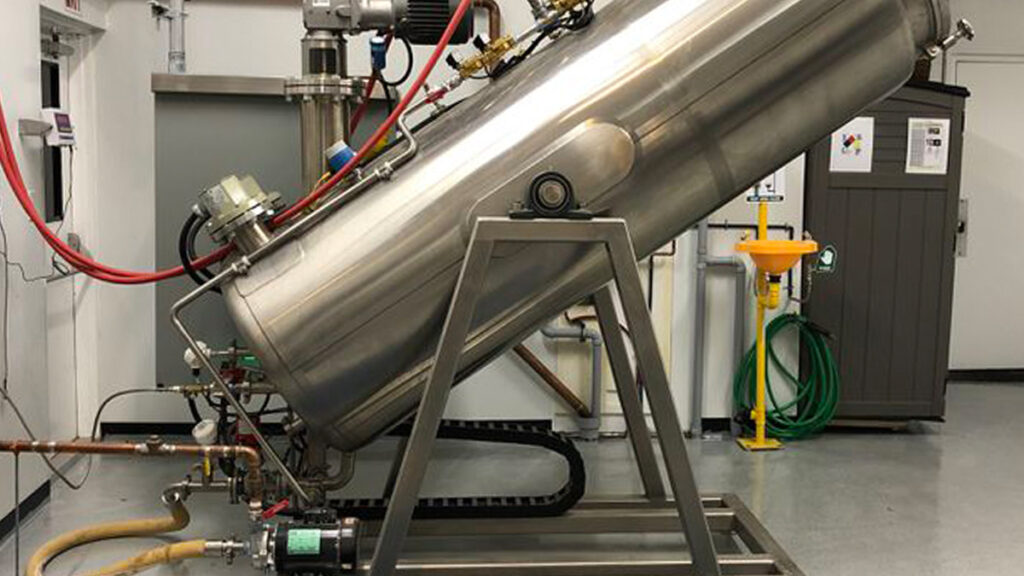In Ontario, Canada water cremation (Alkaline Hydrolysis) has been under review after regulators froze the license of a funeral home in Newcastle with a low-temperature water aquamation machine. The Canadian regulatory institution Bereavement Authority of Ontario (BAO) wanted additional evidence guarantee the process is safe and that it eliminates any potentially hazardous bio waste that could be remaining in the decomposed. With fears stemming from the fact that the process releases the remaining liquified waste back into the waste system, mirroring the embalming process.
Trevor Chabeau, the funeral director whose licence was suspended made it his personal mission to prove that low-temperature water cremation is a safe option to begin offering the public. He spent $25,000 to commission a study at the Indiana University Department of Pathology. During the study, researchers injected infectious agents into a pig that died of natural causes. The pig was then placed in an alkaline hydrolysis machine and after processing the waste products were analyzed. The study result stated: “Complete inactivation of spores and digestion of animal tissue were achieved.” While the results are exciting for water cremation enthusiast, the license is still pending while the board reviews the data further.
The news is a positive step in the direction of a Canada wide acceptance of high and low temperature water cremation services by funeral homes. However, there is still work to be done on how the government will manage new human disposition options becoming available in Canada. Chairman of the BAO, Aubrey Leblanc, is working on regulatory measurements to setup a framework for water cremation. To do so, he has called a meeting with the owners of four funeral homes that want to offer high-temperature aquamation in Ontario. Leblanc mentioned that alkaline hydrolysis is the testing ground for setting up regulations for when new burial technologies are introduced like freeze-drying processes and human recomposition.
Australia, Mexico and 17 states in the US have already legalized aquamation. The growing acceptance of this new technology in different parts of the world is good news for the international death care industry, who want to give patrons their end of life wishes.
